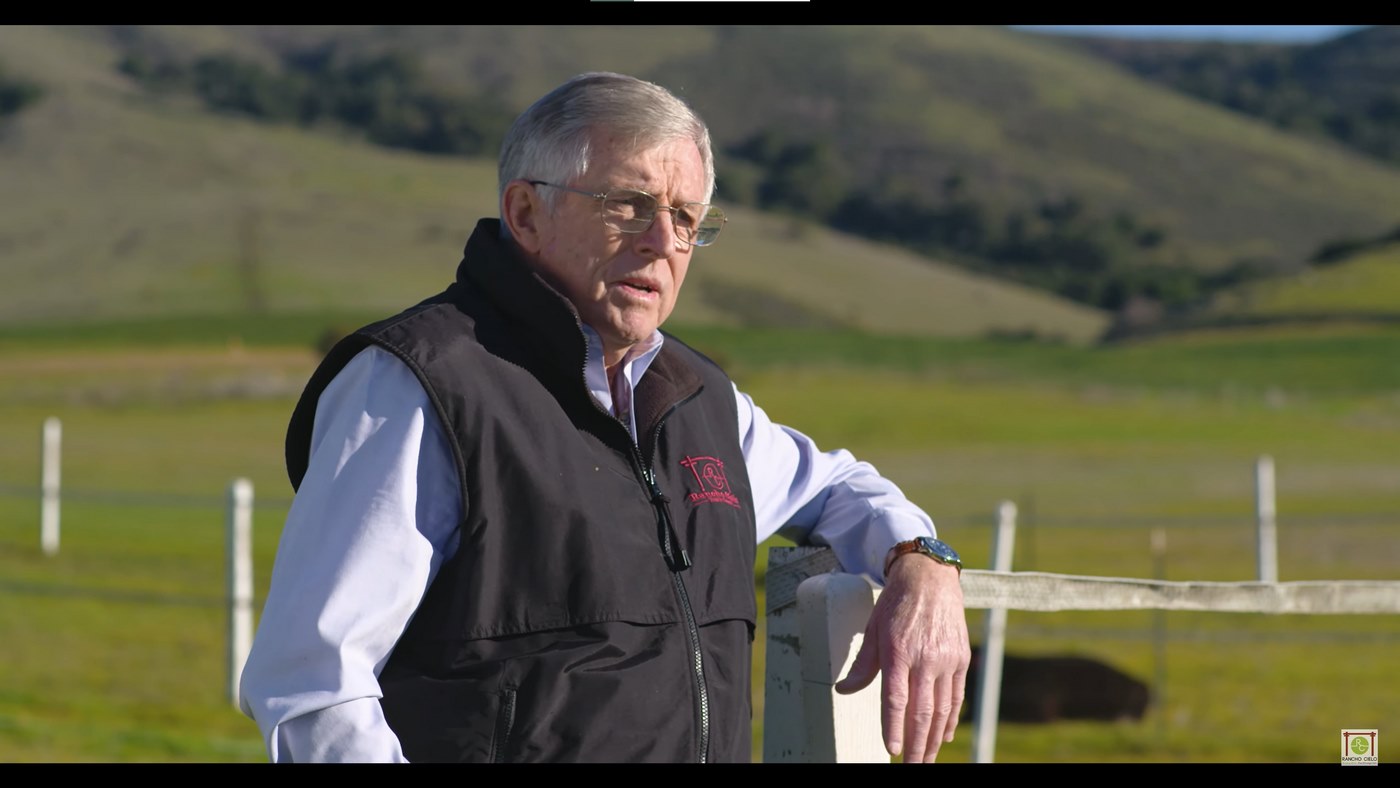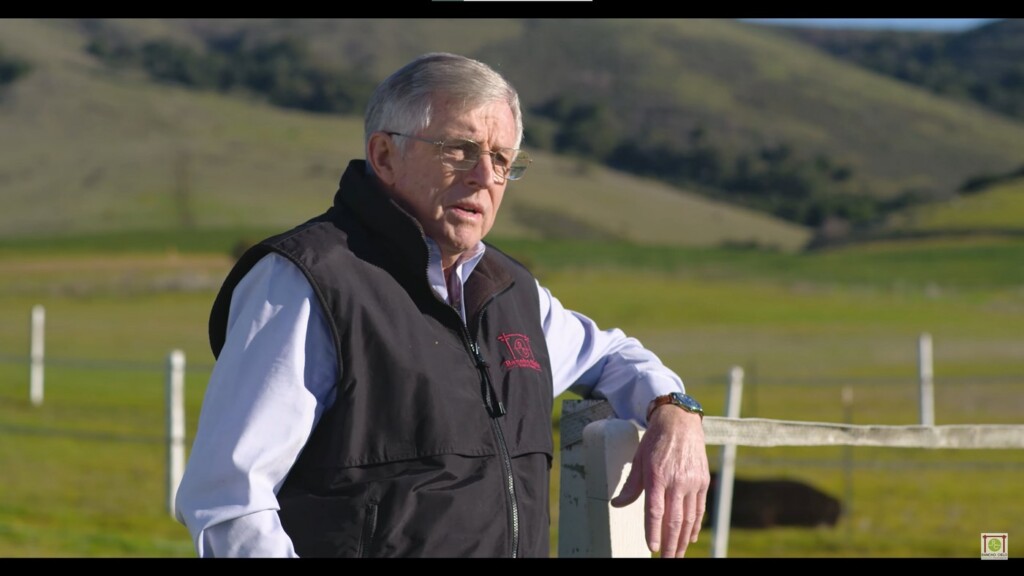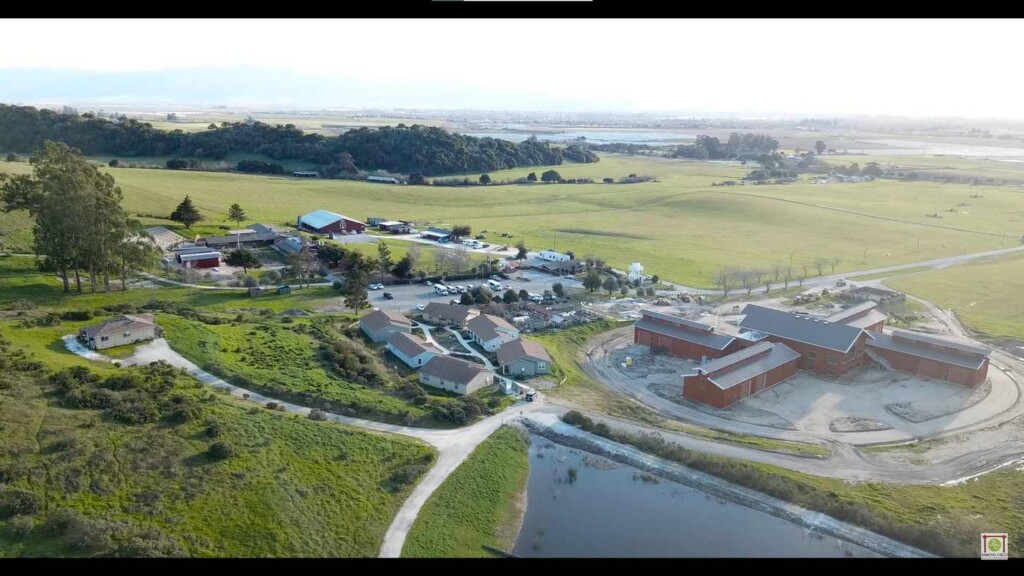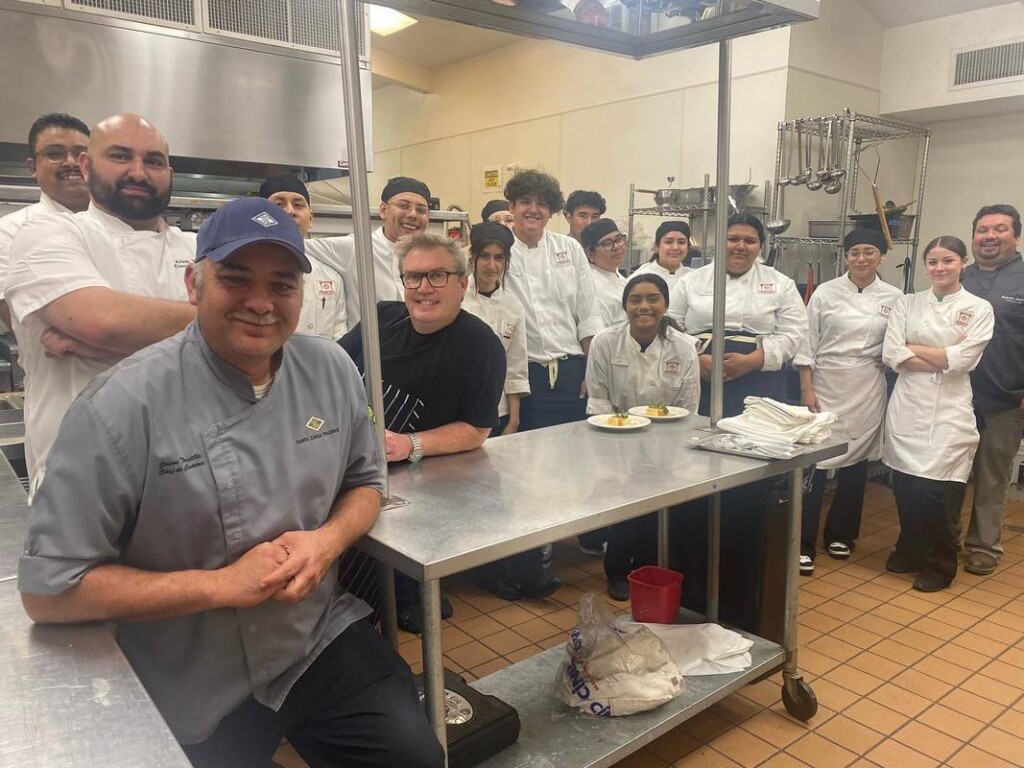
The results are excellent and totally applicableb eveywhere. they are still isolated from the community at large while picking up useful life skills that allow them to reintegrate into society.
Now then what about the adults. every 300 head of cattle need at least two handlers almost 24/7. Even if in a nearby tent.
That is just one single task for which we can easily place tens of thousands of folks.
You see my point. what we do instead is simply stupid and wasteful
Jobs, Not Jail: A Judge Was Sick of Sending Kids to Prison, So He Found a Better Way
By Andy Corbley
-Nov 28, 2023

Founder Judge John Phillips – credit Rancho Cielo, screengrab.
By the year 2000, Judge John Phillips had long since lost count of the number of minors he had sent through the California penitentiary system for crimes committed during a violent, unguided, and hopeless adolescence.
“You send these young people to prison, and they learn to become harder criminals,” he said once.
In 2003, he set out to find a better way—to get kids in an environment of support where they could pass through these difficult years with a hand on their shoulder. Phillips started Rancho Cielo at the base of a hill in the town of Salinas, utilizing an old juvenile detention center ironically, and with a board made up mostly of county supervisors, judges, and law enforcement leaders.
Rancho Cielo is a vocational training facility, culinary academy, and private school that only works with at-risk youth or youth living below the poverty line of $19,000 a year for a family of four.
At first, the organization running it would only take in adolescent offenders, but as the 21st century marched on, Salinas took several turns for the worse, and in 2015 saw more underage murders than anywhere else in the nation.

credit – Rancho Cielo, screengrab.
The strategy changed, and Rancho Cielo would be out frequently passing by high schools, county jails, juvenile detention centers, homeless shelters, and foster homes, always asking if it were possible to take in the worst of the worst, hoping to interrupt the course of these youths’ lives and turn them toward a brighter future.
To that end, Rancho Cielo has a wide variety of programs, much of which is hands-on and kinetic, from the carpentry and construction program and vintage car repair, to beekeeping and equestrian care.
Experts and industry professionals frequent Rancho Cielo to share their knowledge; like Tom Forgette who teaches the auto and diesel repair shop, and Laura Nicola, co-manager of the ranch restaurant, whose other job is at the James Beard Award-winning La Bicyclette.
“Upstairs,” traditional high school level classes are held for academic topics like writing and mathematics, usually to prepare students for a GED or community college admission. This is paired with additional preparatory courses like resume and cover letter writing and interview skills.

The Drummond Culinary Academy at Rancho Cielo.
In my other school, it was all reading and writing,” 17-year-old Omar Amezola told USA Today’s Elizabeth Weise. “Here the teachers are more chill, you don’t have to stay in your seat all day, you can do things that are hands-on—it’s cool.”
Each year, 220 students attend Rancho Cielo, and while some don’t make it, 84.8% of first-time offenders who enroll at Rancho Cielo never re-offend, compared to the 40% recidivism rate in the county.
While all this tutoring, diversity, and infrastructure seems financially unsustainable, it costs just $25,000 to put a kid through Rancho Cielo, compared to the $110,000 it costs to house them in prison.
No comments:
Post a Comment